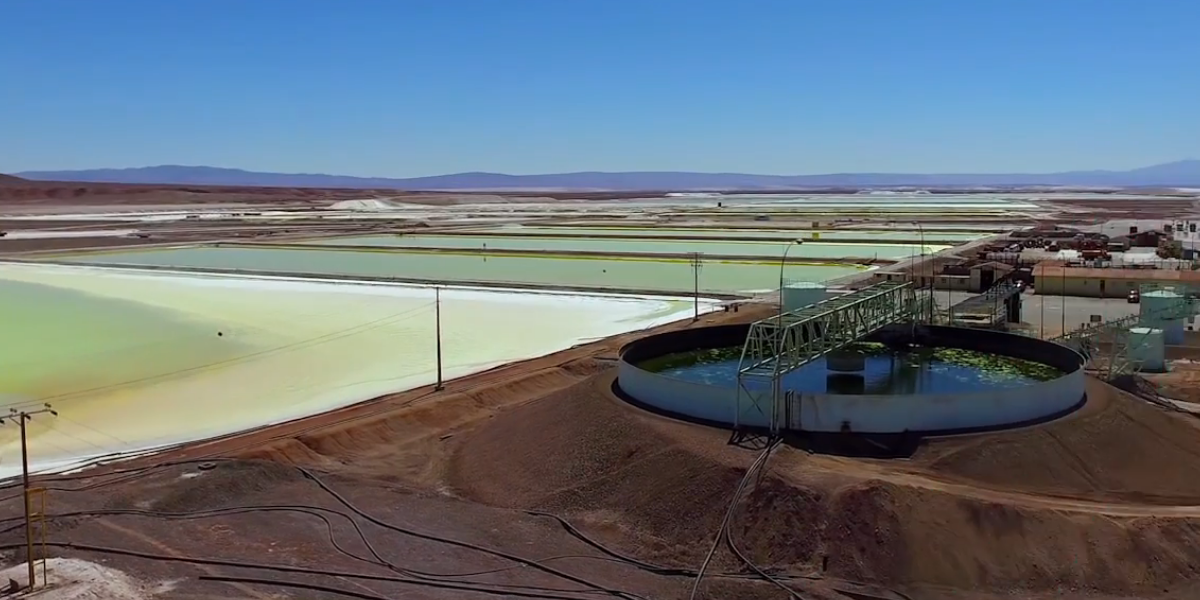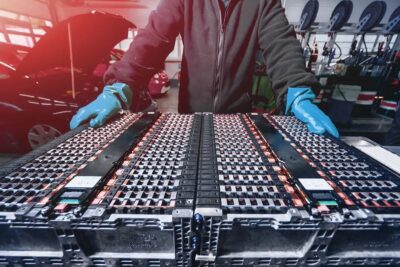US DOE announces funding for 20 battery companies
In these factories, the 20 companies are to extract and process lithium, graphite, nickel and other battery materials, manufacture components and demonstrate new approaches, including the production of components from recycled materials. The US government funding is expected to trigger investments by the participating companies totalling more than US$9 billion.
Specifically, the Biden administration wants to use the funding to lay the groundwork for producing enough battery-grade lithium in the US for about two million electric vehicles per year. For graphite, the goal is 1.2 million electric vehicles per year, and for battery-grade nickel, the government’s target is 400,000 vehicles per year. We have linked a list of the specific projects funded at the end of this article. Among the recipients are well-known battery companies such as Group14, Lilac Solutions or Sila Nanotechnologies, but also Piedmont Lithium and Albemarle.
In addition, the construction of the first large-scale commercial production plant for lithium electrolyte salt (LiPF6) in the United States is being funded. A new binder for electrode production will also be developed, with production expected to meet 45 per cent of expected domestic demand in 2030. A silicon oxide production plant to manufacture anode materials for 600,000 e-cars per year is also being financially supported – as is the first US plant to produce LFP cathode materials.
Precursors such as the aforementioned binders, LFP cathode materials and electrolyte salts, but also many lithium, graphite and nickel products are currently produced abroad. Literally, the US Department of Energy informs that China controls “the supply chains for many of these important inputs”.
Since the announcement in February, the Department says it has evaluated the applications “on technical merits and contributions to increasing US production of advanced battery components”. The companies’ commitment to “delivering benefits to communities and workers” has also factored into the evaluation.
“This is truly a remarkable time for manufacturing in America, as President Biden’s Agenda and historic investments supercharge the private sector to ensure our clean energy future is American-made,” said US Secretary of Energy Jennifer M. Granholm. “Producing advanced batteries and components here at home will accelerate the transition away from fossil fuels to meet the strong demand for electric vehicles, creating more good-paying jobs across the country.”
energy.gov, energy.gov (projects as PDF)





1 Comment